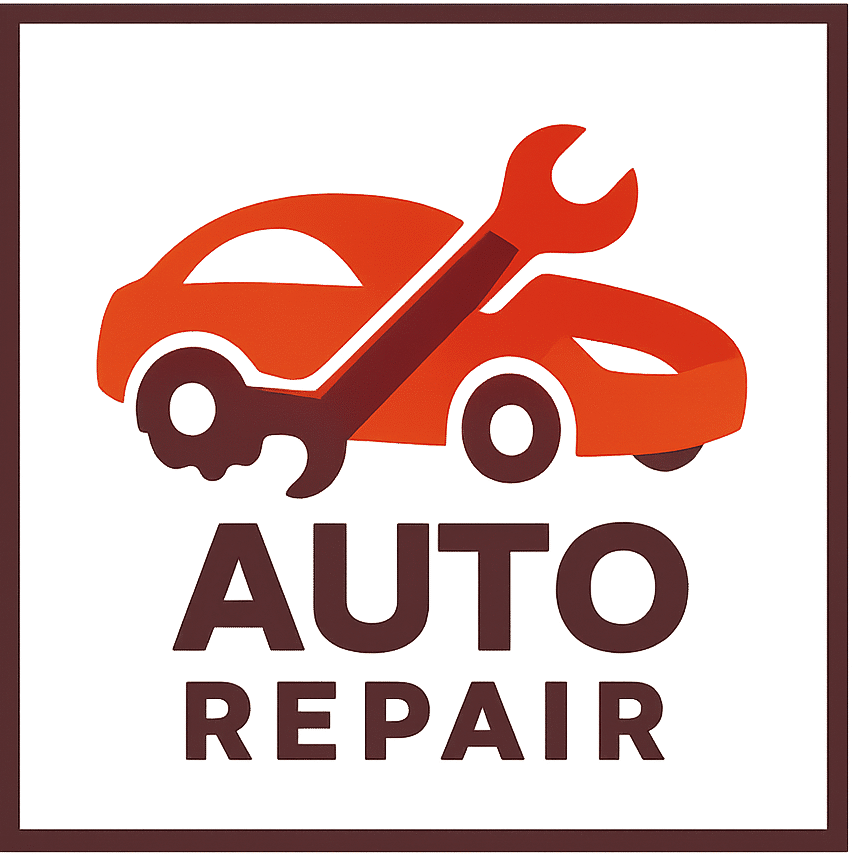Engine repair isn’t just about fixing what’s broken. It’s the heart of making sure your vehicle runs smoothly. Any car lover knows that keeping the engine in tip-top shape is vital. It’s like giving your ride a new life.
So, how do you know when your engine is crying out for help? Listen up for those strange noises—maybe a knock or an unsettling rattle can be a big clue. Noticing more smoke than usual puffing out? That’s a red flag too. And if you’re hitting up the gas station more often despite the same number of wheels on the road, it’s time to pay attention.
When it comes down to the nitty-gritty of engine repair, there’s a method to the madness. Mechanics start with a detailed inspection, often plugging into your car’s onboard computer for diagnostics. This isn’t just tech mumbo-jumbo, but a smart way to pinpoint issues precisely and avoid costly trial-and-error repairs.
Getting your engine diagnosed properly can save you a heap of trouble down the road. A skilled mechanic is like a detective, uncovering hidden issues you might never even knew were there. And that means getting those problems fixed before they turn into major headaches.
Choosing the Right Engine Repair Service Provider
Picking the right engine repair service provider is no small feat. It’s like finding a trustworthy mechanic for your treasured wheels. Experience counts a ton, so you want to go for those who have been in the game for a while. They’ve seen it all and probably tackled an engine much like yours before.
Certification is another biggie. Technicians who have badges from recognized institutions are more likely to know their stuff. It’s not just about looking pretty in overalls—you need someone who keeps up with the latest auto tech and standards.
Customer reviews? They can be golden. Hear from folks who’ve been there, done that to get the inside scoop on a mechanic. Whether in the form of thumbs-up five-star reviews or a chat with a fellow car enthusiast, firsthand experiences tell you how a mechanic really stacks up.
When you’re on the hunt, don’t be shy. Ask plenty of questions. What’s their specialty? What’s the estimated timeframe for a repair? Get a good feel of their service beyond the shiny banners and promotional lingo.
Lastly, do a little detective work to ensure the mechanic’s genuine. Check their business credentials and affiliations. A legitimate business will proudly display such info because they’ve got nothing to hide. Finding that upstanding repair service is about ensuring your ride gets the TLC it deserves!
Common Engine Problems and Solutions
Engines can be pretty high-maintenance, and knowing the common trouble spots can save you a world of hassle. Overheating issues top the list, often caused by a faulty thermostat or a leaking coolant system. You might notice your temperature gauge twitching up. Never ignore such signs—catch it early and you might dodge a costly repair.
Oil leaks can make any car owner sigh. They usually leave those unmistakable little puddles under your vehicle. Could be a simple gasket gone bad or something more complicated. Keeping an eye on your oil levels and checking for greasy spots early can save you time and a lot of cash.
Misfiring engines can be particularly pesky. You might feel the car jerking or notice a drop in power. Things like bad spark plugs or ignition coils are often to blame. Getting these sorted quickly means fewer repair bills slapping you in the face.
Being proactive with preventative measures can really save your back. Regular oil changes, checking coolant levels, and quick responses to anything unusual you see or hear coming from your engine should be part of your routine. Prevention, as they say, is better than a cure.
Sometimes, hearing what other folks have been through makes it all real. Take, for instance, the driver who ignored the oil warning light, thinking it was just a sensor issue. After massive engine damage, they probably wished they’d gone to the mechanic sooner! Lessons like this can be a wake-up call.
When it comes to the wallet, let’s face it—engine repairs can get pricey. Different issues come with different costs, so having a good understanding of what certain repairs typically run is useful. It prepares you for the financial side of keeping your engine healthy.
Ensuring Longevity Post-Repair
Keeping your engine on point after a repair is all about consistency. Regular maintenance isn’t just a buzzword; it’s what keeps your ride running smoothly. Think of it as your way of saying ‘thanks’ to the engine for all it does.
A post-repair warranty can be your best friend. These warranties give you peace of mind, meaning if something goes awry shortly after a repair, you’re covered. It’s good to know what these warranties include and how to use them when needed.
Routine checks really become your new best habit. Checking oil, coolant, and keeping an eye on that dash for any warning lights is key. These are those simple moves that keep your engine happy and reduce the chances of being stranded somewhere inconvenient.
There’s a treasure trove of resources out there to help you keep up with maintenance schedules—everything from user manuals to workshops and online communities. Tapping into these can offer tips you might not have considered.
Remember, a little care goes a long way. Treat your engine with respect, adhere to recommended service intervals, and you’ll likely enjoy smooth rides for years to come. Consistent care is the unsung hero of engine longevity.
